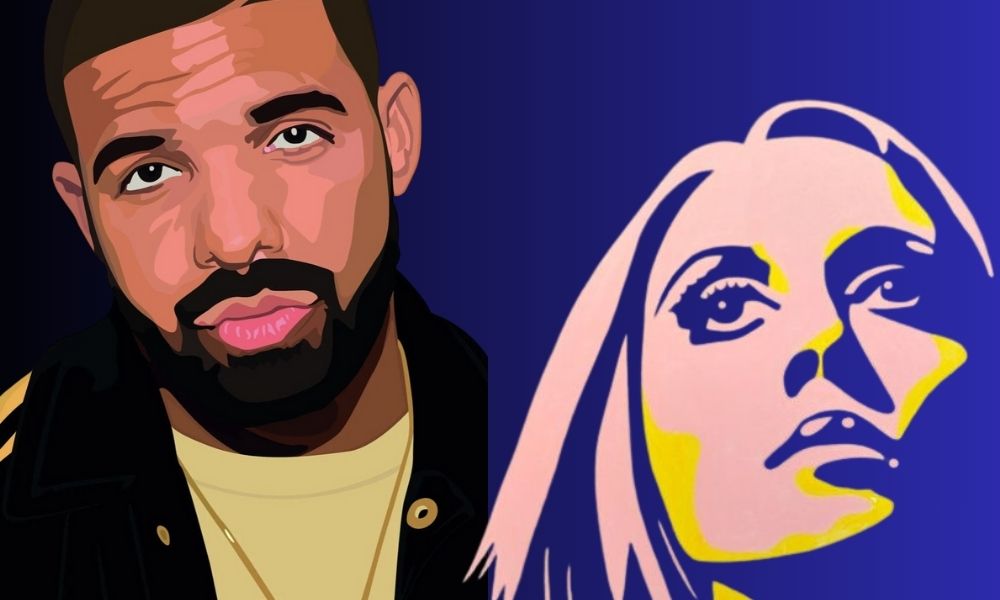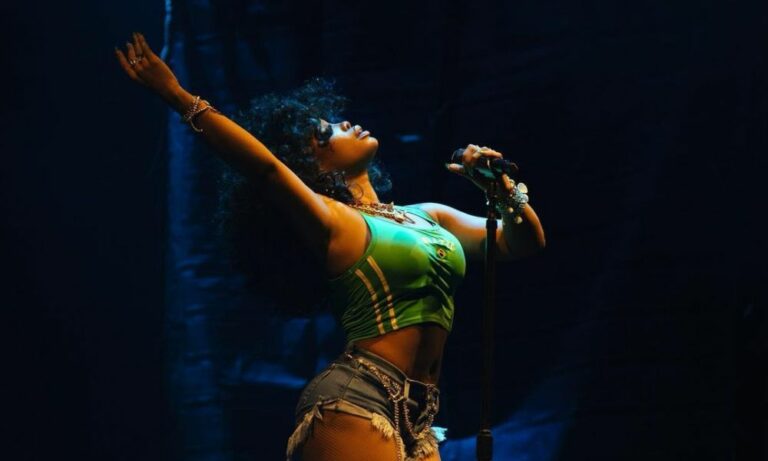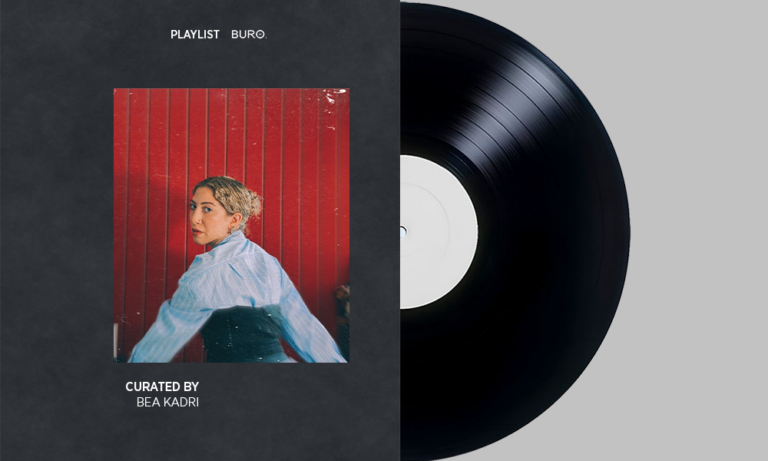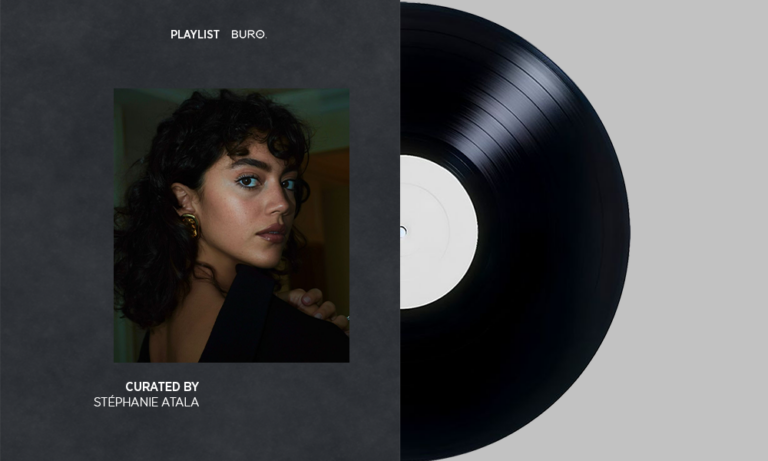Few voices in the Arab world hold the kind of cultural weight that Fairuz does. Her music is not just sung, it’s lived—woven into mornings over coffee, into long drives through the mountains of Lebanon, into gatherings where her voice serves as both comfort and witness. Now, her song Wahdon has found its way into the orbit of one of hip hop’s most global stars: Drake.
During a livestream teasing his ninth studio album Iceman, Drake previewed a track built on Fairuz’s vocals, threading her unmistakable tone through his moody production of stuttering drums and hi-hats. For his fans, it was an intriguing surprise. For Fairuz’s admirers, it raised eyebrows.
Released in 1979, Wahdon was written by poet Talal Haidar and composed by Ziad Rahbani, Fairuz’s son and a visionary musician in his own right. The song is steeped in emotion, speaking to themes of distance, longing, and the quiet weight of absence.
Fairuz’s catalogue is one of the Arab world’s most enduring cultural touchstones. To sample her is to engage with a voice that has, for decades, shaped how people understand longing, joy, and resilience. The choice to fold Wahdon into a track is a statement.
As Drake readies Iceman for release, the question lingers: is this a respectful nod to one of the greatest singers in history, or is it another example of how streaming-era hip hop mines nostalgia and international soundscapes without always carrying their stories forward?
What’s clear is this: Fairuz’s voice doesn’t need new life breathed into it. It already lives everywhere. The real test is whether Drake’s interpretation adds to that legacy or simply borrows from it.
ALSO READ: BALLOON PANTS ARE BACK, AND THEY’RE DEMANDING SPACE IN YOUR WARDROBE.




